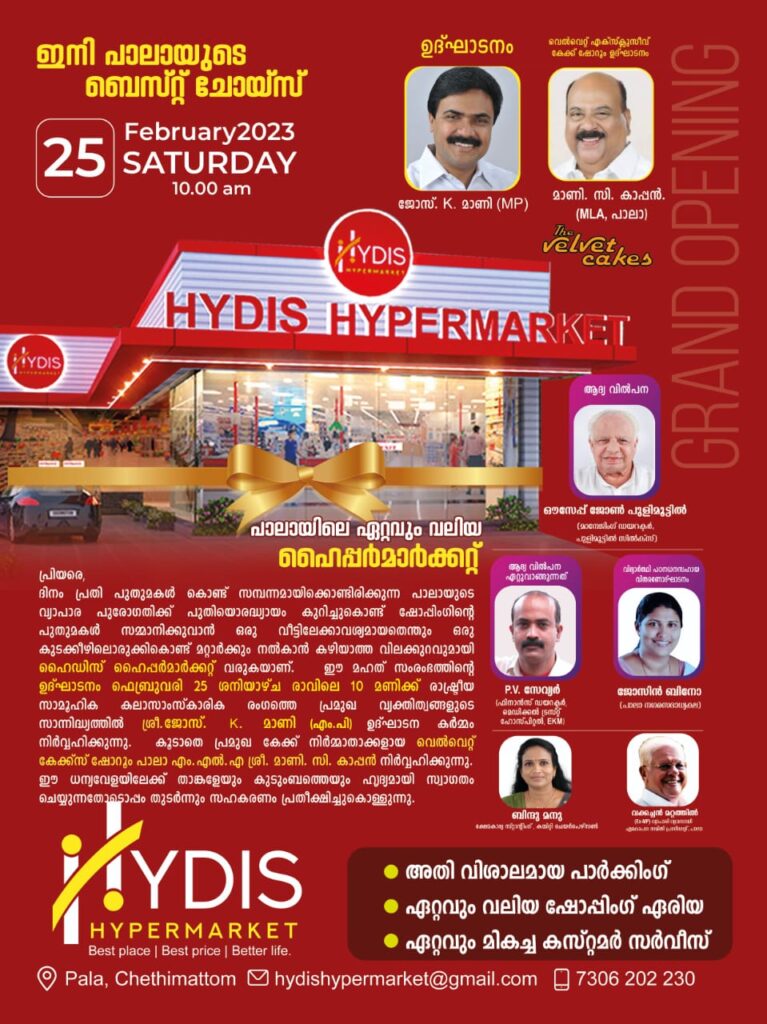Google and Universal Music in Want to License AI Music
Maybe Rosalía was onto something — the future metric for artist success is unpredictability. So long as the work meets the legal standards of originality and creativity, it may be eligible for copyright protection. As mentioned above, there are several elements involved in creating music and therefore, this means copyrights can subsist in literary works (lyrics), musical works (music) and even in the arrangements of a music.
Owen is a rights specialist with expertise in data protection and intellectual property, and considerable experience in both contentious and advisory contexts. He is a recognised authority in information sharing and data privacy in schools, fundraising, and the sports sectors, with a particular interest in safeguarding. With conversations around the dangers of generative AI and the creation and distribution of music on the precipice of major change, Youth Music sat down with young creatives to understand their perspective of the AI revolution. Two thirds (63%) of young creatives say they are embracing Artificial Intelligence (AI) to assist in the creative processes in music making.
UAE moves one step closer to inclusion of Arabic in global AI development
It’s safe to say record labels haven’t been too happy with fans recreating their biggest stars’ voices, pulling down as many tracks as they can, but they could now be set to use the technology themselves. The scope of statutory exceptions from liability from copyright infringement for TDM varies markedly between territories. UK law currently permits “text and data analysis” only for non-commercial research (s. 29A, CDPA).
Many commentators consider that AI-created works that do not have a human author cannot meet this higher standard. However, there is uncertainty over how broadly the EU test applies in the UK, or whether it will continue to apply in the UK post-Brexit, and whether it contradicts the CDPA, which seems to provide protection for non-human authored works. How do consumer perceptions of AI-generated music compare to AI in other contexts? Only 11% found AI-generated music more acceptable, while nearly a third found it less so. This could be further evidence of lesser receptivity to applications in personal contexts, and points to the importance of human touch and artistry in a creative field, like songwriting.
Apple confirms plans for September 12 event; iPhone 15 models expected to debut
One of the criticisms on AI-generated music is that it takes away the experience that the artists are trying to convey in their music. Music may be created from life experiences and emotions which cannot be replicated by an AI software. Human Artistry Campaign, a coalition formed to ensure AI never replaces human creators stated that “There are fundamental elements of genrative ai our culture that are uniquely human. Only humans are capable of communicating the endless intricacies, nuances, and complications of the human condition through art – whether it be music, performance, writing, or any other form of creativity”. The rapid development of generative artificial intelligence (AI) is causing concern among various music industry stakeholders.
There is uncertainty in English law both about the correct test for “originality” to be applied and whether the test requires a human author. DJ David Guetta told the BBC that he is “sure the future of music is in AI…but as a tool”. However, the ramifications are deeper and broader than the issues around copyright and illuminate some of the deficiencies in our current legal framework. Secondly, it creates a potential avenue for writers’ work and artists’ performances to be ripped off by bad actors. Recently, musician Ed Sheeran added his voice to the debate on AI in music saying he is “not buying into the AI hype,” adding his fears of massive job losses due to the technology.
AI-Assisted Creations
As reported by The FT, the chief executive of Warner Music Robert Kyncl recently said that with the right framework, AI could “enable fans to pay their heroes the ultimate compliment through a new level of user-driven content”. The increasing use of artificial intelligence systems in the music industry raises question marks about who is the author of the songs and whether the product is copyright protected. AI’s rapid and unstoppable development raises numerous question marks in intellectual property law. Indeed, the processes of making and developing creative works are governed by copyright law and are closely linked to technological and commercial transformations.
Founder of the DevEducation project
Take as an example John Williams, one of our greatest and most popular living composers. Well, you could just take his music, feed it into an AI and use it to generate a film score. This might be acceptable if and only if those pieces had been used with the original creators’ consent. Just as we have seen with the advance of the internet, these technological developments bring huge opportunities, but also massive risks and challenges if we get it wrong; unless the right guardrails are in place for its development. “The recent advances in artificial intelligence have been as rapid as they are transformative. UK Music Chief Executive Jamie Njoku-Goodwin sets out the complex challenges facing the music industry and the Government when it comes to the rapid advance of AI.
Meta launches suite of generative AI music tools rivaling Google’s … – Cointelegraph
Meta launches suite of generative AI music tools rivaling Google’s ….
Posted: Fri, 04 Aug 2023 07:00:00 GMT [source]
To make the most out of this book, you should have a basic familiarity with math and statistics for machine learning. Even before the recent boom in fake AI songs made by tinkerers in their bedrooms, producers and artists were using the tech to remove vocals from beats and create album artwork. It comes as labels, artists, and fans alike grapple with the prominence of “deepfake music”, which has become increasingly convincing as generative AI tools become more powerful and accessible.
A Key Change for AI, Music and Advertising?
They use AI in their products, making the process more efficient and accurate. Aside from the creepy mouths and other quality issues, it’s almost believable, if not a little cheesy. However, this is largely due to the relatively novel nature of generative AI.
The 35-year-old, whose real name is Claire Boucher, said that nothing was off-limits and her ‘ultimate goal has always been to push boundaries rather than have a nice song’. His record label also recently fought to wipe the internet clear of one viral AI song that was using his likeness. DLMDD Co-Founder Max De Lucia spoke to LBC News about some of the key talking points… When we’re in a ‘discovery phase’ of a project we establish ‘audio cornerstones’. These are descriptors for the brand’s core principles, which can be depicted in music and sound e.g. bold, nostalgic, mysterious etc.
Let’s take big, well-considered risks to create new kinds of commercial art. Veed is a great piece of browser software with the best team I’ve ever seen. Veed allows for subtitling, editing, effect/text encoding, and many more advanced features that other editors just can’t compete with. Keep in mind that this a browser editor we’re talking about and the level of quality that Veed allows is stunning and a complete game changer at worst.
These intricate neural patterns were used to train an advanced deep neural network that matched the changes in brain activity with musical characteristics such as mood, genre, and instrumentation. Along with this music release, the Meebits community is also finally allowing its users to unlock their 3D Meebits. These characters have been in storage for a long time but are now being activated through an initiative that Meebits calls MB1.
- If neural synthesis represents machine learning of sound as signal, where do we find AI generation of symbolic music?
- Through his career he has worked on recommender systems, petabyte scale cloud data pipelines, A/B testing, causal inference, and time series analysis.
- The world’s biggest record label has set out plans to cash in on artificial intelligence as fears mount over its impact on artists.
- It’s safe to say record labels haven’t been too happy with fans recreating their biggest stars’ voices, pulling down as many tracks as they can, but they could now be set to use the technology themselves.
- Secondly, it creates a potential avenue for writers’ work and artists’ performances to be ripped off by bad actors.
Copyright infringement occurs when the copy is ‘substantially similar’ to the original (US law) or there is copying of a ‘whole of substantial part’ of a particular work (UK law). Whilst Yung Gravy had used an Astley impersonator rather than an AI tool, if Astley’s case were to be successful, this may provide an avenue under Californian law for an action to be brought for vocal imitations made by AI as well. Some musicians are happy to embrace AI and want to use it genrative ai to enhance their music. Stanford Law professor Mark A. Lemley and attorney Bryan Casey argue that AI should be allowed to train on copyrighted material, not with the aim of copying or reproducing music, but in order to learn about facts and structures. There are a number specific actions Government could and should take to support our world-leading music industry and the talent pipeline on which it depends – measures that would also benefit many other sectors.











